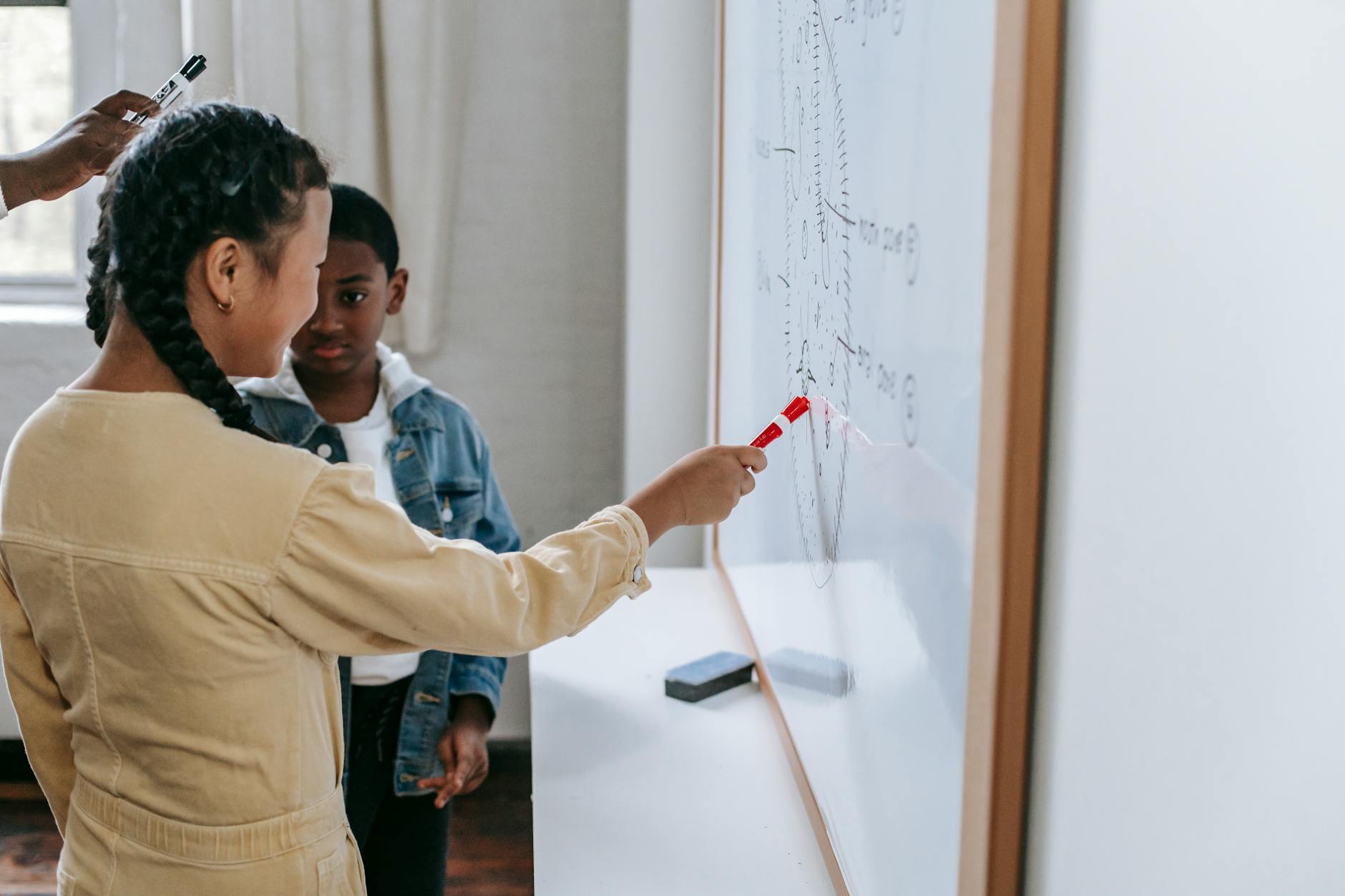NSW Ed Trends: Navigating Modern Learning!

The landscape of education in New South Wales (NSW) has been undergoing a seismic shift in recent times. Educational trends not only reflect the demands of the modern workforce but also cater to the diverse learning needs of students. In this article, we delve into the latest educational trends in NSW and provide insights into how educators can adapt to contemporary teaching methods to enhance the effectiveness of the learning experience.
Embracing Technology in the Classroom
One of the most significant trends in NSW education is the integration of technology into the learning environment. Digital tools and resources have become indispensable in enabling personalized learning experiences for students, making it crucial for educators to develop digital literacy alongside their traditional teaching skills.
Interactive Learning Platforms
Interactive learning platforms such as Google Classroom, Moodle, and Edmodo foster collaborative learning opportunities. These platforms allow students to engage with the material, participate in discussions, and receive immediate feedback.
Virtual Reality (VR) and Augmented Reality (AR)
The use of VR and AR in education provides immersive experiences that cannot be replicated in a traditional classroom. Whether it’s a virtual field trip to the Great Barrier Reef or a 3D exploration of molecular structures, these technologies are powerful tools for engagement and deep learning.
Artificial Intelligence (AI) in Assessment
AI-powered tools enable personalized learning by providing students with real-time feedback and adaptive learning paths. They also assist teachers in identifying areas where students may be struggling and need additional support.
Project-Based Learning (PBL)
PBL is another educational trend that places students at the center of their learning journey. In NSW, there is a growing emphasis on equipping students with critical thinking, problem-solving, and teamwork skills through project-based learning.
Authentic Assessments
PBL encourages authentic assessments where students demonstrate their understanding by applying what they have learned to real-world scenarios. This approach moves away from rote memorization and toward practical application.
Collaboration with Industry
Tie-ups between schools and local industries are becoming increasingly common, offering students hands-on experiences that complement their academic learning. Such collaborations provide insights into future career paths and the skills required for success in the workplace.
Focus on Well-Being and Inclusivity
NSW has seen a stronger focus on student well-being and inclusivity, recognizing that emotional and social health is just as important as academic success.
Socio-Emotional Learning (SEL)
SEL is now an integral part of the curriculum, with schools implementing strategies to help students manage emotions, set goals, and establish positive relationships. These competencies are essential for personal and professional success.
Inclusive Curriculum
The curriculum in NSW is continually evolving to reflect the diverse backgrounds of students. This includes incorporating different perspectives and addressing historical and contemporary issues related to gender, race, and culture.
Professional Development for Educators
To navigate these modern learning trends, professional development for educators is paramount. Ongoing training and support enable teachers to remain at the forefront of educational innovation.
Workshops and Conferences
Engagement in professional workshops, webinars, and conferences helps educators stay updated with the latest research and tools in education.
Peer Collaboration
Educational trends highlight the importance of collaborative learning among teachers as well. Through professional learning communities, educators can share experiences, strategies, and best practices to improve instruction.
Conclusion
The educational trends in NSW provide exciting opportunities for educators to revamp their teaching strategies and for students to engage in meaningful learning experiences. By embracing technology, adopting project-based learning, focusing on well-being and inclusivity, and investing in professional development, the NSW education system is poised to navigate the challenges and opportunities of modern learning. As educators adapt to these trends, they play a pivotal role in shaping a future where students are not only knowledgeable but also skilled, adaptable, and empathetic individuals, ready to thrive in a rapidly changing world.